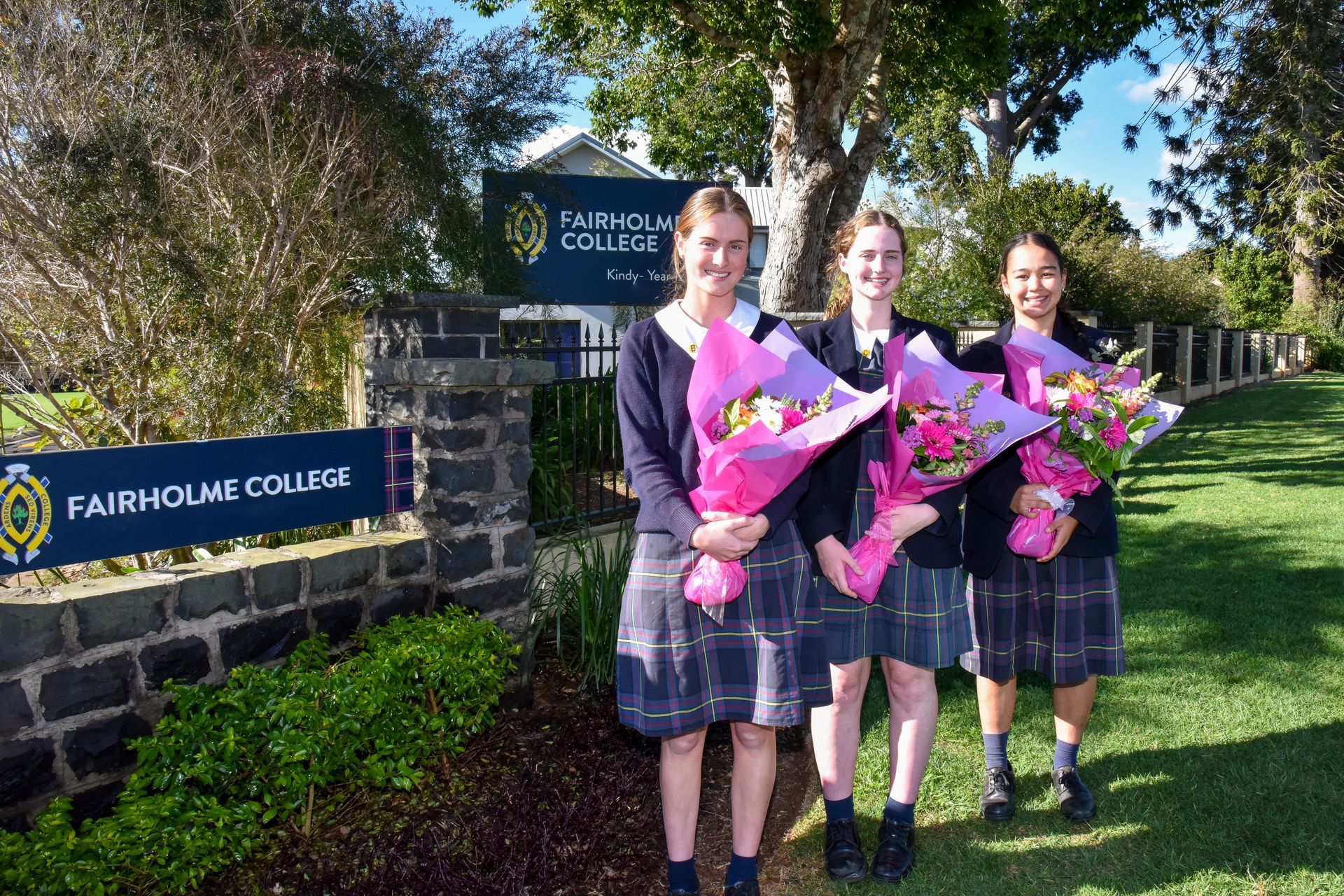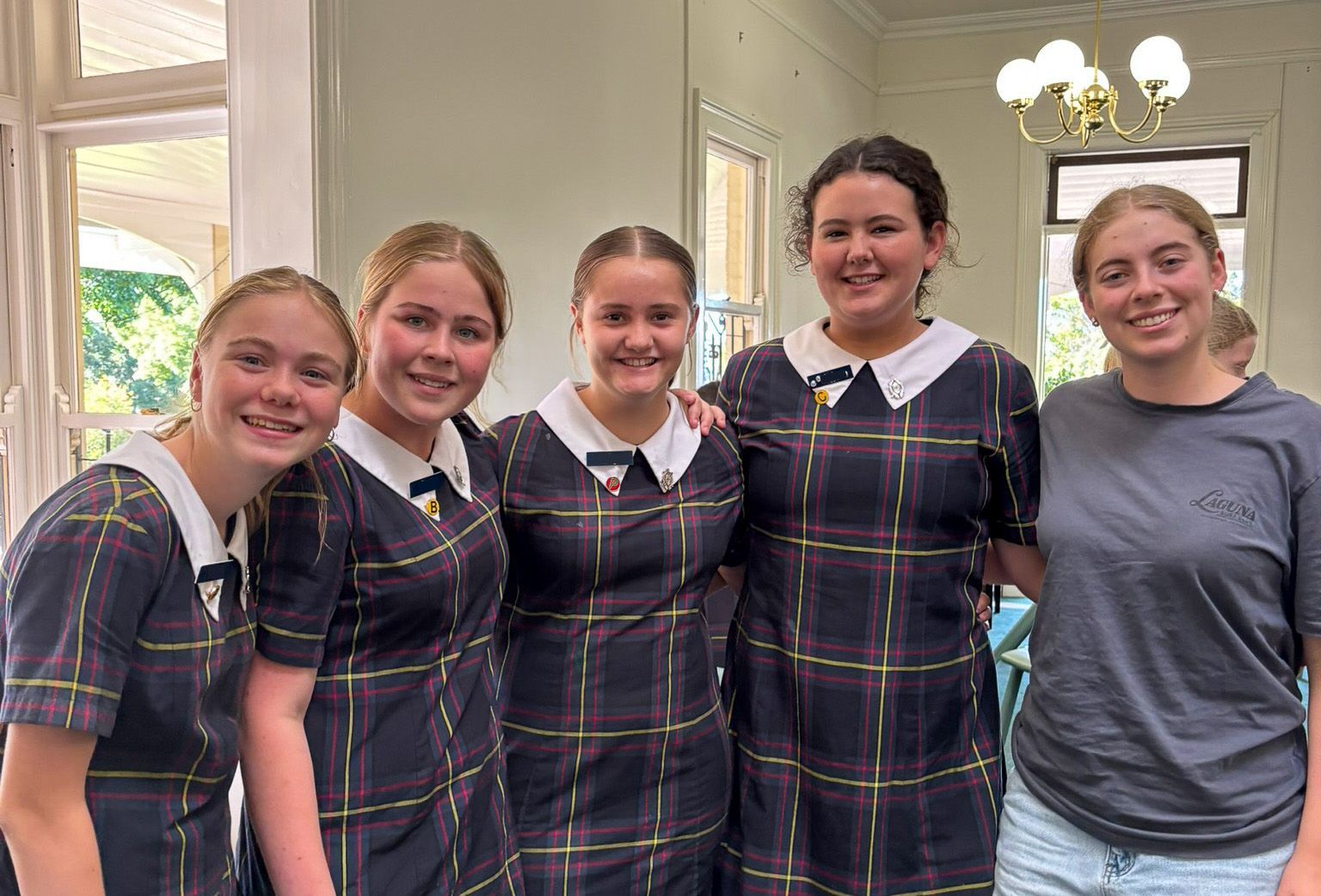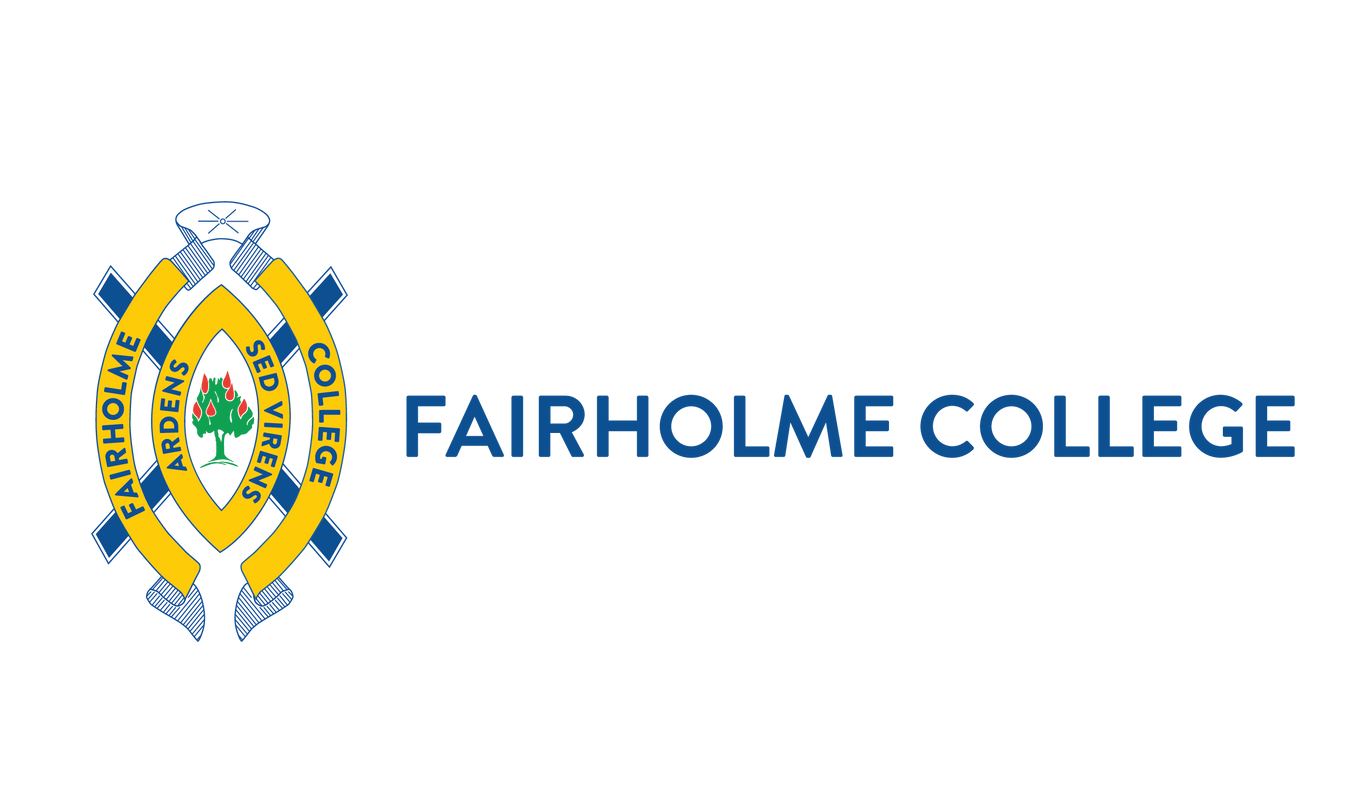Lest We Forget
Another Anzac Day has passed – each one unique in the way it observes the contributions of Australians and New Zealanders…
Another Anzac Day has passed – each one unique in the way it observes the contributions of Australians and New Zealanders who have served their nations in war, conflict or peace-keeping operations. Last year, this occurred via my driveway and this year, I found myself at Webb Park with a number of our Boarders and Boarding staff, ‘lighting up the dawn’ and marking the occasion via a pre-recorded RSL service. It wasn’t the Dawn Service that I have attended religiously for so many years, but it was an important commemorative gesture, nonetheless. On Friday, our whole school had joined on the lawn adjacent to the Performing Arts Building for an Anzac commemoration. Such occasions are powerful – they demand our silence and our attention, and they require us to pause and earmark history: lest we forget.
Rightly or wrongly, I always find myself drawn back in my thinking to Gallipoli, such has been the impact of that narrative upon the way I consider Anzac Day. In 2013 I was privileged to travel to Gallipoli, albeit via an interminably long bus trip with a Turkish tour guide who was trying to present a palatable version of events to tourists of different nationalities and different national allegiances. He tried. So too did the Spanish tourist who must have inadvertently joined the tour without knowledge of Gallipoli nor sufficient English to process the volumes of information being shared over the course of that long day.
It is impossible not to be moved by the landscape of Gallipoli – particularly, the diminutive size of the beach landing site or The Nek (of Mel Gibson fame) where nearly 350 Western Australians became casualties in just a few minutes on a battlefield similar in size to a Netball court. Lone Pine also, is small and whilst the name looms largely in narratives about Anzac Day it appears almost vulnerable at its location. One can see from the beach, the second ridge where the Australians were ordered to stop for morning tea. Nine months and 8000 deaths later, they had travelled little distance beyond this point.
But what moved me most profoundly at Gallipoli was seeing the healing words of Ataturk that were attributed to him in 1934 and carved for posterity into marble at Anzac Cove. These beautifully-crafted words (though not without some contention about who the target audience was) form the open letter he allegedly wrote to the mothers of the Australian, New Zealand, Canadian and British soldiers who had died on the Gallipoli battlefields:
Those heroes that shed their blood and lost their lives… You are now lying in the soil of a friendly country. Therefore, rest in peace. There is no difference between the Johnnies and the Mehmets to us where they lie side by side here in this country of ours... You, the mothers who sent their sons from faraway countries, wipe away your tears; your sons are now lying in our bosom and are in peace. After having lost their lives on this land they have become our sons as well.
So, a war narrative can also be read, to some extent, as a peace narrative, and for those who have travelled to Turkey you will know the high regard in which Aussies are considered by so many locals. Irrespective of whether these words were directed to mothers or were merely part of a hastily written speech by Ataturk, delivered by one of his ministers, at Gallipoli in 1934 as a gesture of reconciliation with the (then) British Empire, is a matter for historians. For me, it is an olive branch of sorts, one that sits awkwardly juxtaposed against the detritus of a battle that was ill-conceived, poorly executed, and hauntingly catastrophic.
Forgiveness, reconciliation and clemency are tough concepts for all of us and if this Ataturk gesture has a mythological basis, I’m still keen to honour whatever threads of truth are weft within his words, etched in marble at Anzac Cove. Because, I am ever reminded of the words of First World War I British poet, Wilfred Owen, who warned against us glorifying the myth of war in his epic work: ‘Dulce Et Decorum Est’. Instead, may we value peace and reconciliation as ideals for which to strive…
Lest we forget, this Anzac Day and all that are to follow.
Dr Linda Evans | Principal
More News…







